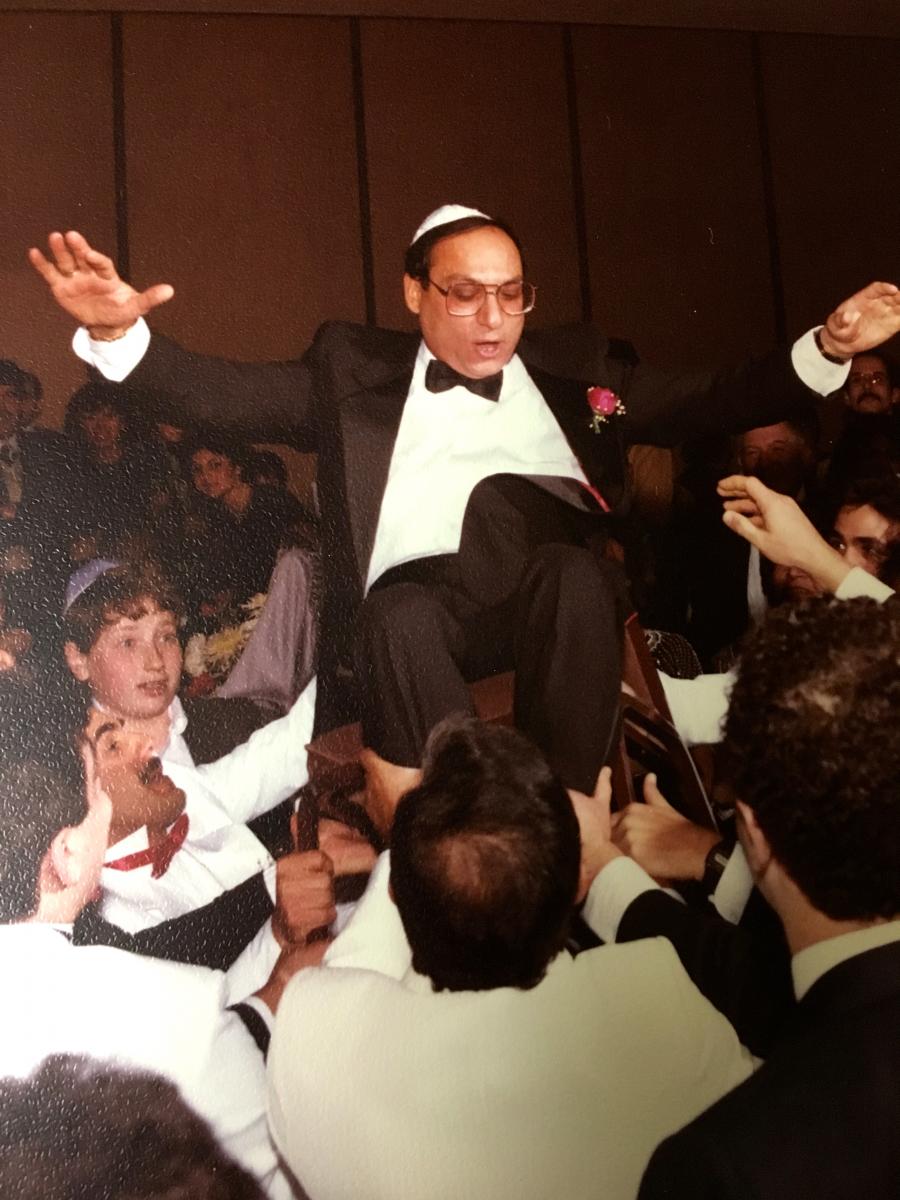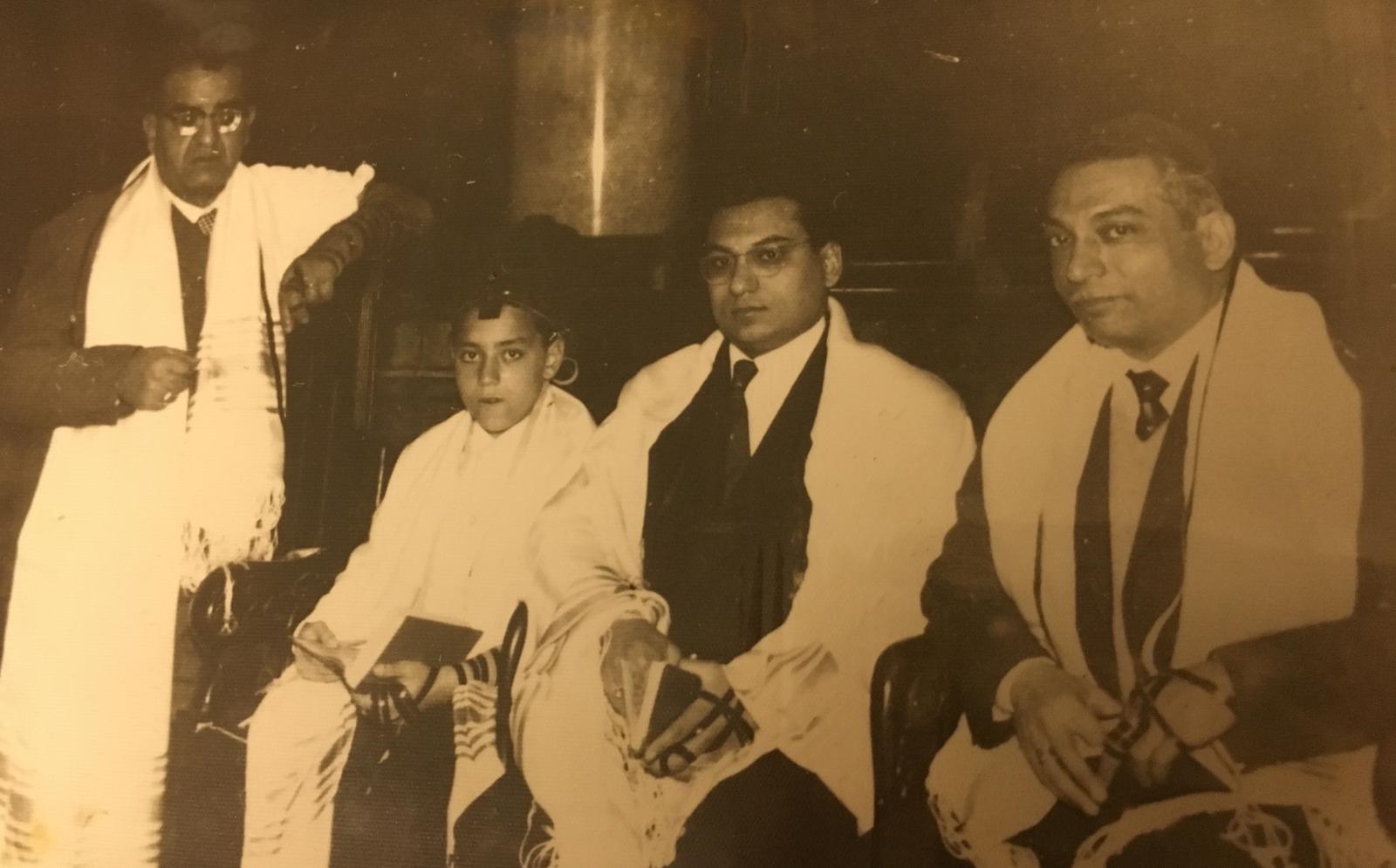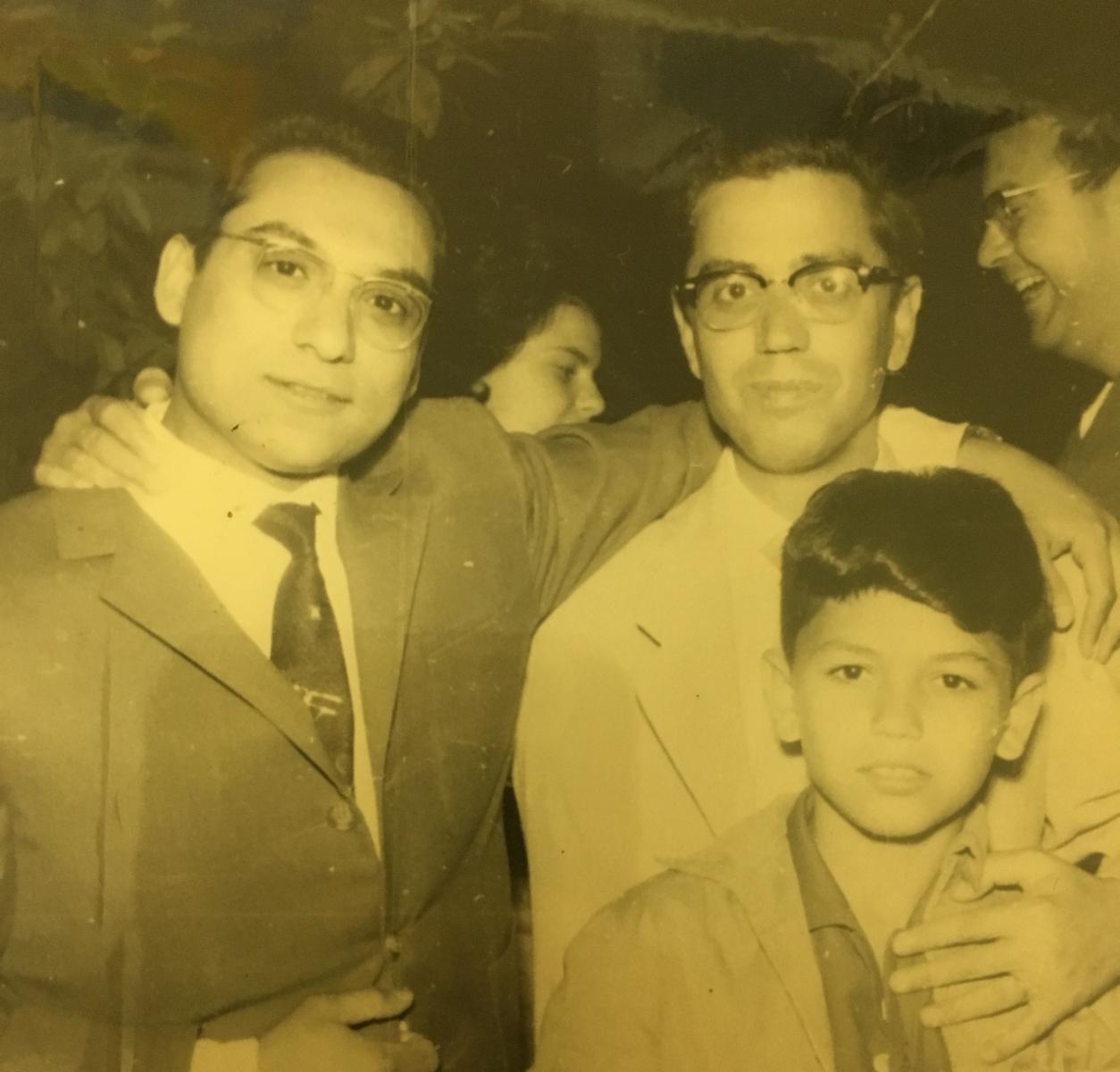From Egypt to Brooklyn: An Escape to Freedom

Living in Cairo Egypt in the late 1950s through the 1960s as a Jew was a somewhat normal experience for Frieda (Zatouni) Mizrahi Chirazi. Married in April 1960 at the young age of 17, she settled down in her roomy three bedroom apartment. The building was equipped with an elevator and all of the modern conveniences a housewife and soon to be mother of three could want.
Life seemed good and pretty predictable until one day she realized her country was beginning to turn on her and her people. Jews were suddenly not allowed to own businesses. The government seized ownership of all Jewish owned businesses and allowed previous owners to work as mere employees at the shops and enterprises they worked their whole lives to build.
For many, this first strike was the last they would tolerate and they fled Egypt as soon as this law was passed. Unfortunate were the ones who stayed behind.
Although once able to live freely and attend synagogue with no disturbances, non-Jewish neighbors started to turn on their once acquaintances, the Jewish people. With the government's new mistreatment towards the Jews, anti-semitism spread through the land.
Before Frieda could understand the depth of what was happening, another law was passed. All Jewish men from ages 18 to 60 were to be arrested and taken into custody. Her husband, Sasson, had already sent money and jewelry to his brother in Belgium for safe keeping. He then peacefully packed his Tefilin and some clothing and went with the police who came to snatch him away from his wife and children.

Sasson celebrating his daughter Miriam's wedding on March 3, 1984.
Fortunately for the Chirazi family, Sasson was released within five days because he had an Iranian passport since his parents were from Iran. The rest of the men weren’t as lucky. They stayed imprisoned for years, not knowing when they would be released to their families. As history tells us, they remained in prison for three years with visits from their families allowed just once a week.
Sasson was permitted to leave the prison, however he was not allowed to re-enter Egypt. He was sent to Paris and they accepted him as a refugee. Frieda, hearing the news of his release but not given many details, packed up her life, took her three children, and fled to Belgium where she assumed her husband would go.
“Leaving Egypt and the life I imagined for myself was one of the hardest parts of it all,” explained Frieda of the ordeal.
When she got to Belgium and discovered her husband was in Paris, she immediately contacted him. Sasson traveled to Belgium to get his family and together they drove to Paris. Coza Jour was a Jewish community in Paris and the organization that helped the Jewish Egyptian refugees was called Chai (or life).

Chai set Frieda, her Husband Sasson, and their three children Miriam, Gina, and David up with a small two bedroom apartment in Paris. They also had a soup kitchen of sorts that fed the refugees every meal until they were able to work and fend for themselves. They lived on this support for three years. Once they were making enough money, the organization asked Sasson for some money back so they could continue to help others.
While in Paris, Frieda gave birth to her fourth child, Eli. Although the Jewish community was welcoming and kind, the people of France were not as accepting. Miriam remembered her time as a seven year old in school in Paris vividly.

“The kids were not nice and they wouldn’t play with me,” Miriam reminisced, “I remember they celebrated Christmas in school and I was accidentally given a gift that I was so excited about. When they realized what I got and who I was, they snatched it away from me. I cried a lot that day.”
Frieda and Sasson knew they could not remain in Paris for the duration of their lives. Fortunately for them, Chai was willing to help them move to either Israel or the United States. The Chirazi’s chose to move to America. They were sent to New York in 1970. This trip would be their final destination.
They stayed in a hotel for a week in Manhattan and then moved into a two bedroom apartment near Ave Y and Ocean Parkway in Brooklyn. It was in Brooklyn that they bought their first house and Frieda gave birth to her youngest child, Terry. The Chirazi’s were finally able to live in peace and stability.
Their children attended Jewish Yeshivas and Sasson was able to build his woman’s accessory empire. To date their family has grown. From their 5 children, came twenty two grandchildren. From them came eleven great grandchildren B”H and counting.
Frieda and Sasson Mizrahi Chirazi were two immigrants who moved to the US to seek a home where they could practice their religion freely and grow their family. They are truly living out the American dream.
Frieda Schweky is Sephardic.Org's official community events reporter. For inquiries and to get involved with our site, please contact Frieda via email.










